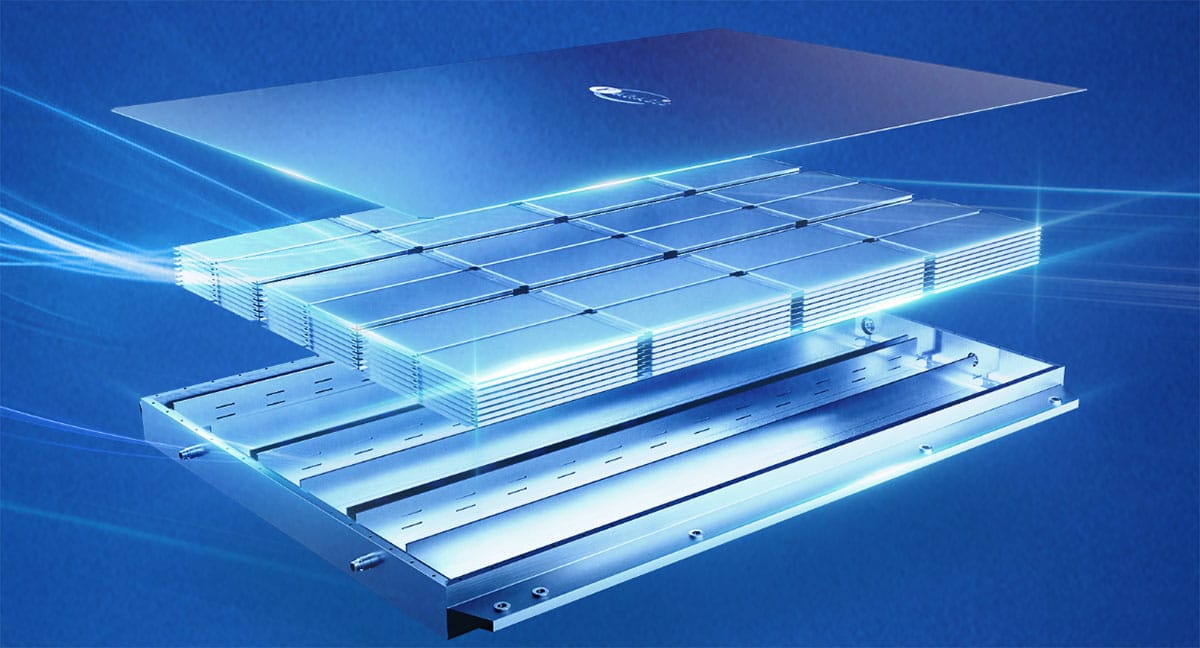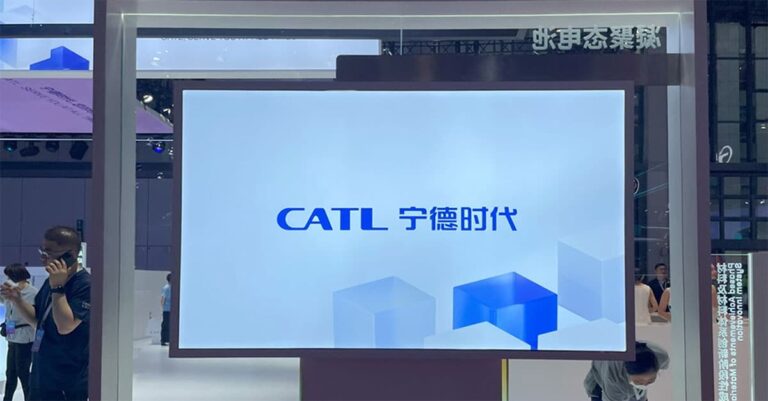Farasis Energy said the battery has an energy density of more than 400 Wh/kg and stable cell cycling.

Chinese power battery maker Farasis Energy has unveiled its progress on solid-state batteries, as the batteries seen as the next generation gain traction.
Farasis Energy's all-solid-state battery with an energy density of more than 400 Wh/kg has entered the real-world testing phase with stable cell cycling, the company said in an announcement today.
The product is built on a sulfide-based system with a high-nickel ternary anode and a high-silicon anode, according to the company.
The safety of the cells with all-solid-state electrolytes has been enhanced, passing pinprick, shear, and hot box tests, with thermal runaway self-shutdown capability at the cell level, Farasis Energy said.
Currently, there are three mainstream technology routes in the solid-state battery field -- oxide, polymer and sulfide routes.
In addition to products based on the sulfide route, Farasis Energy also announced its progress in building solid-state batteries based on oxide and polymer systems.
The company's prototype solid-state battery using lithium metal anode and high nickel cathode has an energy density of up to 500Wh/kg, it said.
Composite electrolyte materials compatible with lithium metal anodes and high nickel cathodes have now been developed, Farasis Energy said.
Farasis Energy now mainly adopts the high-nickel ternary + soft pack + laminated process route, which is also the main technology route for solid-state batteries, it said.
As the solid-state battery system matures and industrialization increases, the company's existing equipment and processes can seamlessly use the new solid-state battery technologies, it said.
Farasis Energy has built three generations of semi-solid-state batteries before launching all-solid-state batteries.
The company's first-generation semi-solid-state batteries, with energy densities of up to 280-300 Wh/kg, began mass production in 2022 and have gained acceptance from customers including Dongfeng Motor, GAC Group, Geely, and a number of overseas customers, it said.
The second-generation semi-solid-state battery has an energy density of 330 Wh/kg, with more than 3C fast-charging capability and a cycle life of more than 4,000, it said.
The second-generation product has been recognized by key customers in the high-end passenger car and low-altitude economy segments, and has completed Design Verification and Production Validation testing in preparation for small-volume mass production, Farasis Energy said.
The company's third-generation semi-solid-state battery has an energy density of up to 400 Wh/kg and is currently undergoing automotive-grade certification and development.
